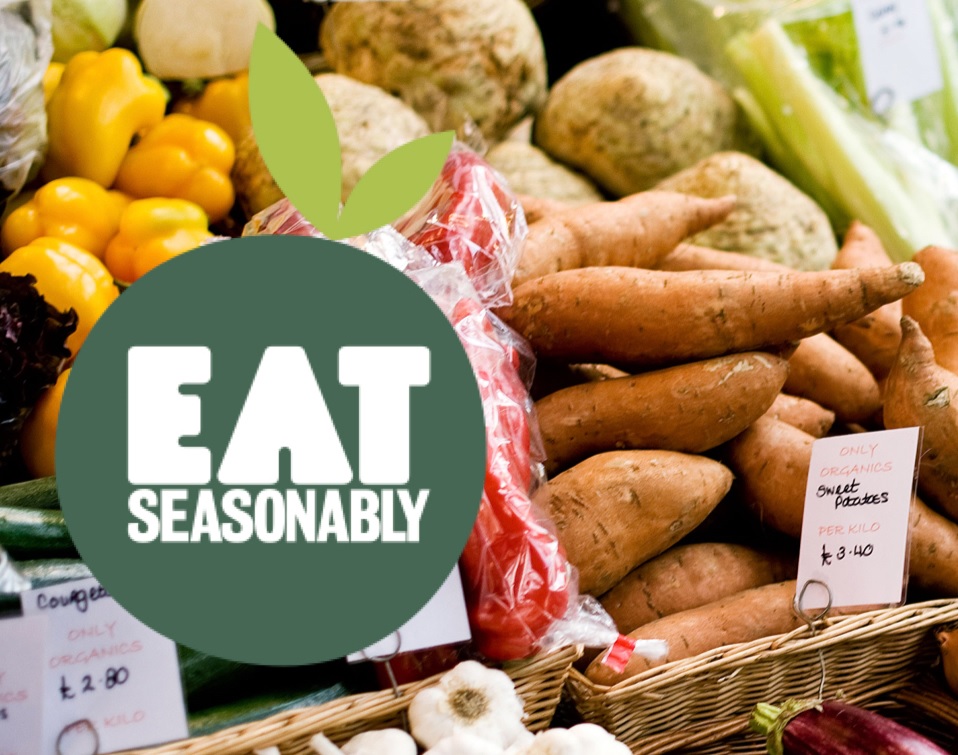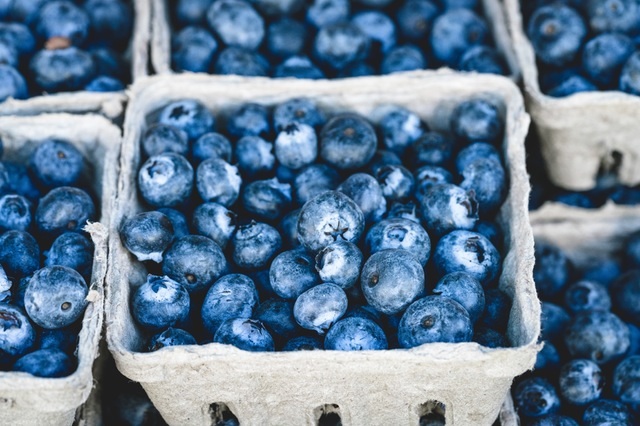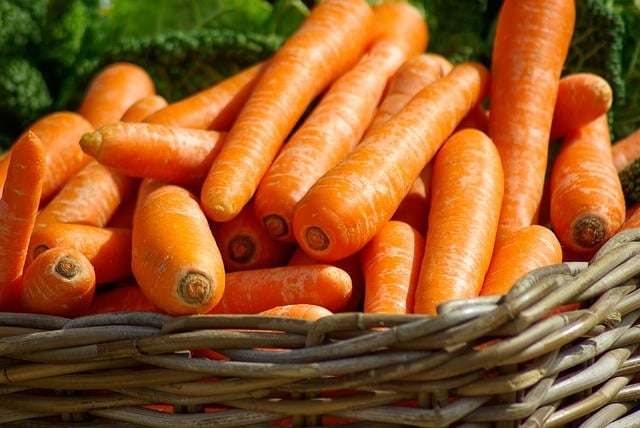
We caught up with the people behind Eat Seasonably, a website that focuses on growing your own or buying food that is in season. We chat about the benefits of this and how eating seasonably can cut the cost of fruit and veg, whilst tasting even more delicious! Check out the interview below.
Our Interview with Eat Seasonably
1) What are the benefits of seasonal eating and why should people start doing it?
Any idea when courgettes come into season? How about cucumbers? No? Don’t worry, you’re not alone. Research shows that most people aren’t sure when most British fruit and vegetables are in season, which is a real shame as it means they’re missing out on when they’re at their absolute best.
While it’s easy to enjoy blueberries with your breakfast in winter, being accustomed to buying whatever we want, whenever we want, means we are increasingly becoming disconnected from our food and its relationship with nature. Eating with the seasons means getting back in touch with nature’s rhythms and eating the right thing at the right time. What could be more delicious than a crisp salad when it’s hot and sunny and a wholesome stew when it’s cold? Ask any chef and they’ll tell you that fruit and veg are at their freshest and tastiest when they’ve just been picked, so why settle for sickly-looking strawberries in winter or unappetising asparagus in autumn?
With reduced transportation and production costs for the growers, seasonable fruit and veg will have less of an impact on your grocery bills too. Also, when produce is in season, it is more abundant and this helps to keep the price down. A basket of fruit and veg bought in season can be as much as a third cheaper than the same basket bought out of season.
2) Many people may think that growing your own in the UK climate is difficult. Are there certain crops to avoid because of this?
If you’re trying growing your own for the first time, or are worried that it’s going to be difficult, just stick to some favourites like tomatoes, strawberries, courgettes or salad leaves – all these will take little effort to get a great result. Have a look at Eat Seasonably’s Top Ten Easiest Fruit & Veg to Grow for more ideas and step-by-step instructions.
Crops which don’t naturally grow in this country will take more effort and may not produce good results as the conditions won’t be right. Crops like bell peppers, aubergines, peaches and citrus fruit all grow well in warmer climates than ours with plentiful sunshine (which we’re not guaranteed!).
3) Can you explain how eating seasonably is also eating sustainably?
Eating seasonably is also a great way of eating more sustainably. Growing fruit and veg in season requires lower levels of artificial inputs like heating, lighting, pesticides and fertilisers than at other times of the year and so has a lower environmental impact.

4) What advice would you give to someone who wants to start growing their own produce?
Give it a go! Growing your own fruit and veg can be really easy. You don’t even need a garden to start giving it a go, any outside space that gets a reasonable amount of sun will do – a balcony, courtyard or even windowsills. Lots of things can be grown in pots, window boxes, hanging baskets or growbags, but if you have some space in your garden then even better!
5) We’ve seen that you have an Eat Seasonably Map where you can find local places to eat. Is this concept something that many people and eateries are taking on?
Since we launched Eat Seasonably in 2009, the idea of eating with the seasons has definitely hit the mainstream. It’s now a surprise if a restaurant doesn’t use seasonal produce, whereas the opposite was true a few years ago. Since we added our map of supporters we’ve seen great uptake and there are now close to a thousand restaurants, cafes, canteens, markets, greengrocers and caterers who have added themselves and are showing off how they help people to eat seasonably.

6) What started this journey for eating seasonably and sustainably?
Eat Seasonably was launched in 2009 by Behaviour Change, a not-for-profit social enterprise which develops ideas that help people do the right thing and take up behaviours that have a positive effect on society and the environment.
The campaign was originally launched in partnership with the government and a coalition of major food businesses and charities including Sainsbury’s, Compass and the National Trust. Our aim was to use seasonality as a first step towards reconnecting people with their food and how it’s produced. Most people want to eat more fruit and veg but life often gets in the way. Eating seasonably is a positive way to eat more of the right things, at the time when they’re at their best.
Our early research showed that there is a lot of confusion and little accuracy in people’s knowledge of what’s in season when. So the function of Eat Seasonably and, in particular, the calendar, was to simplify and standardise the picture and allow a broad range of food businesses and charities to communicate in a consistent way.
7) Why should people be mindful of eating sustainably in this day and age?
As our population grows it becomes ever more critical to use the resources we have in efficient ways. This includes the way in which we produce and consume our food. The typical UK diet is unsustainable for our health and for the environment. Most of us eat too much, especially meat, dairy and processed food, leading to increasing public health problems as well as pressure on resources.
So there you have it. What could be better than eating seasonal homegrown produce? Begin your own life-changing move to growing your own fruit and veg by browsing through Shedstore's fantastic range of grow your own products today.




